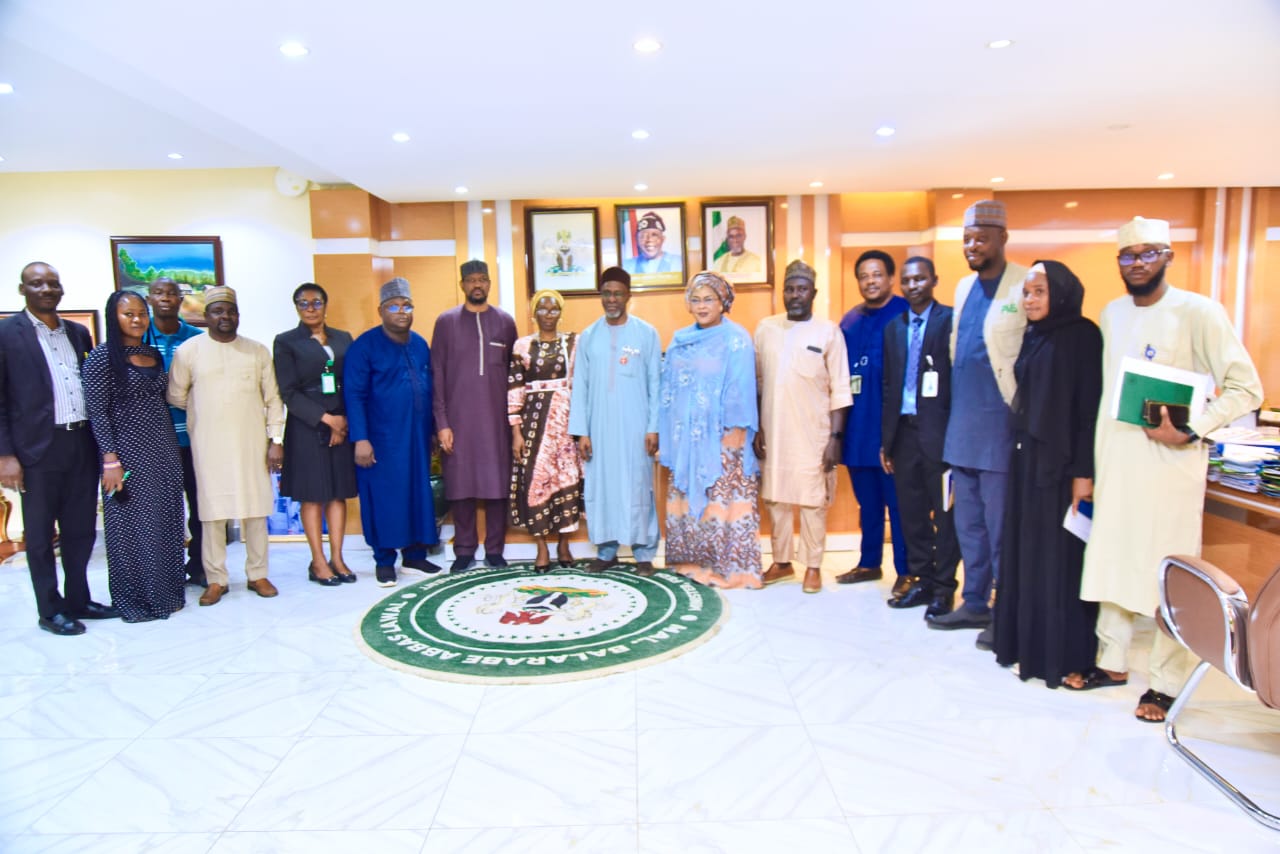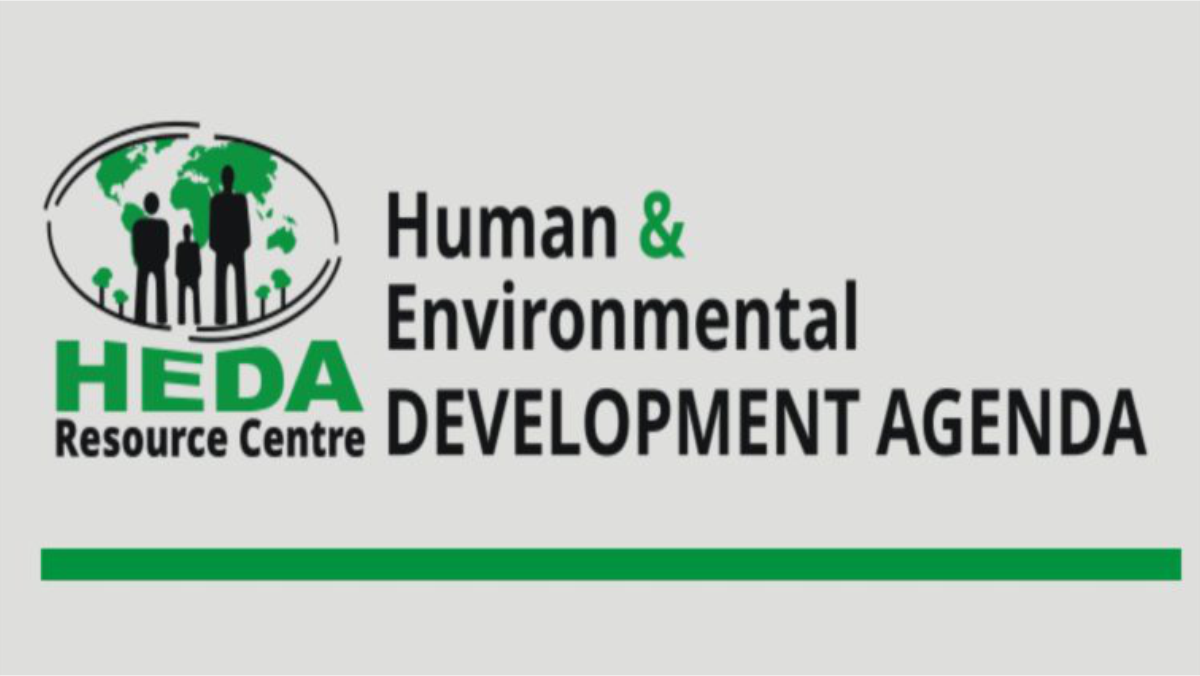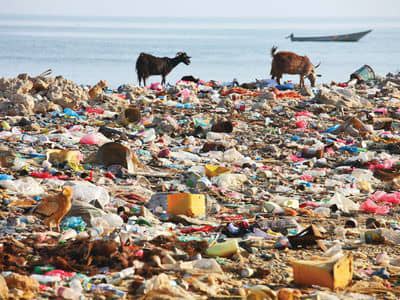
The Federal Government has reaffirmed its commitment to promoting the use of low-sulphur fuels and Compressed Natural Gas (CNG) in Nigeria.
The Minister of Environment, Balarabe Abbas Lawal assured Nigerians and stakeholders of the government’s efforts to raise awareness about the environmental and health benefits of these cleaner energy sources.
This announcement was made during the inauguration of the Inter-Agency Committee on Fuels, held recently in Abuja.
The committee’s mandate is to advance the adoption of low-sulphur fuels and CNG across the country.
The Minister highlighted the severe health and environmental challenges posed by high-sulphur fuels.
He noted that these fuels are linked to increased cases of asthma, acute and chronic bronchitis, chronic obstructive pulmonary diseases, and other ailments. By transitioning to cleaner fuels, the government aims to mitigate these health risks and reduce air pollution.
He also emphasized the connection between high-sulphur fuels and extreme weather conditions, dirty air, and other effects of climate change. According to him, the adoption of cleaner fuels is part of a broader strategy to ensure a healthier environment and improved public health for current and future generations.
The Minister detailed the revised Nigeria Industrial Standards for sulphur concentrations in petroleum products, which were updated in 2016. These standards reduced the sulphur content as follows: “Diesel: From 3,000 ppm to 500 ppm, Petrol: From 1,500 ppm to 150 ppm and Kerosene: From 1,500 ppm to 150 ppm.”
According to the minister the transition to these standards was proposed for implementation between 2017 and 2019, supported by the Ministry and key stakeholders.
The newly inaugurated committee has been tasked with several responsibilities, including: “Establishing a Pollution Monitoring Team, Preparing quality reports on fuel-related pollution finding, Submitting annual reports with recommendations to the Federal Executive Council (FEC), Developing simulations, projections, and mitigation strategies for fuel-related pollution.
“Creating action plans to help the Federal Government achieve cleaner fuel standards, aligning with climate, health, and developmental goals,” he added.
In her closing remarks, the Acting Permanent Secretary and Director of Environmental Assessment, Mrs. Bolorunduro B., urged the committee to leverage their expertise to fulfill the terms of reference effectively.
Similarly, the Director of Pollution Control and Environmental Health at the Federal Ministry of Environment, Mrs. Bahijjatu Abubakar, expressed gratitude to the committee members for their dedication to supporting the Ministry’s mission of achieving cleaner air and a healthier environment for all Nigerians.



